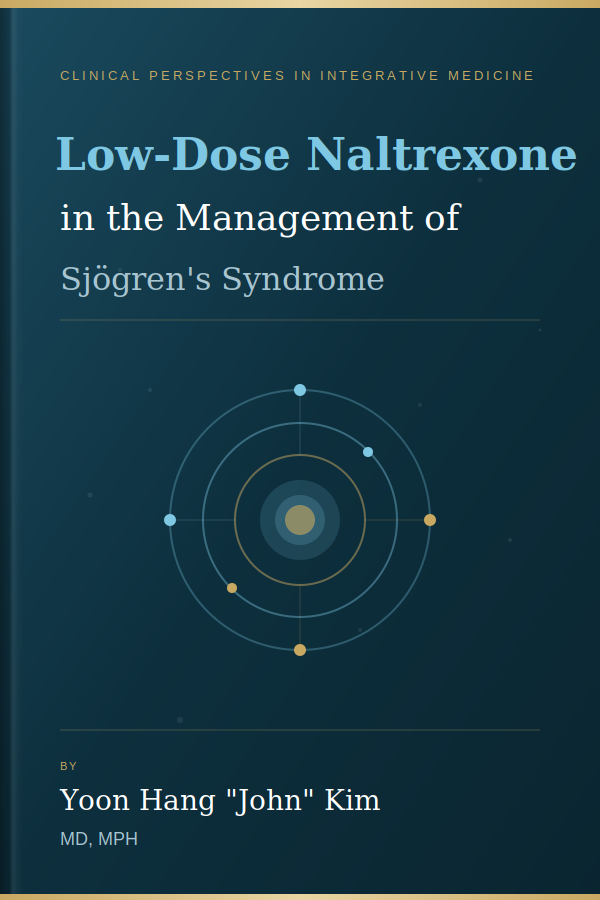Endocrine Disruptors – A Silent Threat to Human Health: Integrative Functional Medicine San Antonio
- John Kim

- Sep 23, 2025
- 3 min read

Introduction
Endocrine disruptors (EDs) are environmental chemicals that silently challenge public health by interfering with the body’s hormonal systems. These substances, pervasive in modern life, can cause long-term physiological disruptions with far-reaching consequences. This article delves into the definition, mechanisms, health implications, and current research on EDs, highlighting their critical role in environmental health discussions.
What Are Endocrine Disruptors?
Endocrine disruptors are external agents that mimic, block, or alter the natural hormones in our bodies. They include both natural compounds, like phytoestrogens, and synthetic chemicals such as bisphenol A (BPA), phthalates, and per- and polyfluoroalkyl substances (PFAS). These chemicals can bind to hormone receptors, modify gene expression through epigenetic pathways, or disrupt hormone metabolism. Even at low doses, EDs can have significant effects. Common sources of exposure include consumer products, agricultural residues, and industrial pollutants, entering the body through food, water, air, and skin contact.
Health Impacts of Endocrine Disruptors
The health effects of EDs are vast, impacting reproductive, neurological, immune, and metabolic systems. Prenatal exposure has been linked to developmental disorders, reduced fertility, and higher rates of preterm births. In adults, EDs are associated with obesity, diabetes, and hormone-related cancers. The economic burden is staggering—annual costs in the European Union alone exceed $200 billion due to ED-related diseases. Vulnerable periods, such as fetal development, amplify risks, with studies on diethylstilbestrol (DES) showing intergenerational effects.
The Research Landscape
Decades of research have shed light on the dangers of EDs. Epidemiological studies and toxicological assays have been instrumental in understanding their impacts. Organizations like the National Institute of Environmental Health Sciences (NIEHS) have developed high-throughput screening methods to identify ED activity. Food-related EDs, particularly those in packaging, are a growing concern for infant health. Emerging research also explores how EDs interact with gut microbiota, leading to multisystemic effects.
Clinical Trials and Interventions
While ethical constraints limit clinical trials on EDs, existing studies provide valuable insights. For example, the REED study focuses on reducing exposure to prevent chronic diseases. Other trials explore behavioral and nutritional interventions to mitigate reproductive and metabolic disruptions. These efforts highlight the potential for targeted strategies, though broader randomized controlled trials are needed to strengthen evidence.
How to Minimize Exposure to Endocrine Disruptors
Avoiding EDs entirely is challenging, but evidence-based strategies can significantly reduce exposure:
Choose organic produce to minimize pesticide residues.
Avoid processed and fast foods, opting for fresh alternatives.
Limit plastic use: Avoid canned foods and plastic-packaged items, especially for food storage and heating. Use glass, stainless steel, or ceramic containers instead.
Select safer products: Look for labels like “phthalate-free,” “paraben-free,” or “BPA-free.”
Improve household practices: Regular handwashing, dusting, and vacuuming can reduce chemical accumulation. Opt for fragrance-free cleaning and personal care products.
Filter drinking water and avoid single-use plastics like disposable water bottles.
Lifestyle changes, supported by clinical studies, have shown measurable reductions in urinary concentrations of ED metabolites, proving the effectiveness of these interventions.
Conclusion
Endocrine disruptors represent a critical intersection of environmental exposure and public health. Addressing this silent threat requires multidisciplinary collaboration, robust research, and policy reforms. By taking proactive steps to reduce exposure, we can protect future generations from the pervasive risks posed by these chemicals.
Functional Medicine LDN Pediatric Dose San Antonio: Clinical Experience and Holistic Approach
Edited by Yoon Hang Kim MD
Dr. Yoon Hang Kim, MD, is a leader in functional medicine with extensive experience in pediatric LDN dosing for families in San Antonio and across Texas. He currently serves patients in Iowa, Illinois, Missouri, Texas, Georgia, and Florida through telemedicine consultations. Blending advanced pharmacological expertise with a patient-centered, integrative philosophy, Dr. Kim supports people facing complex conditions with care that bridges traditional and holistic integrative functional medicine therapies. His clinic website is www.directintegrativecare.com


Comments